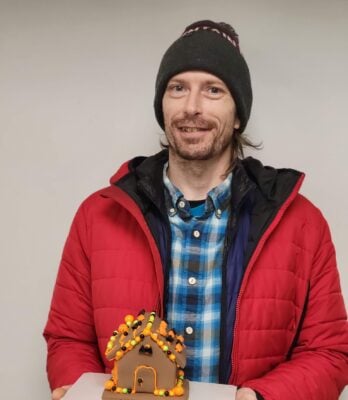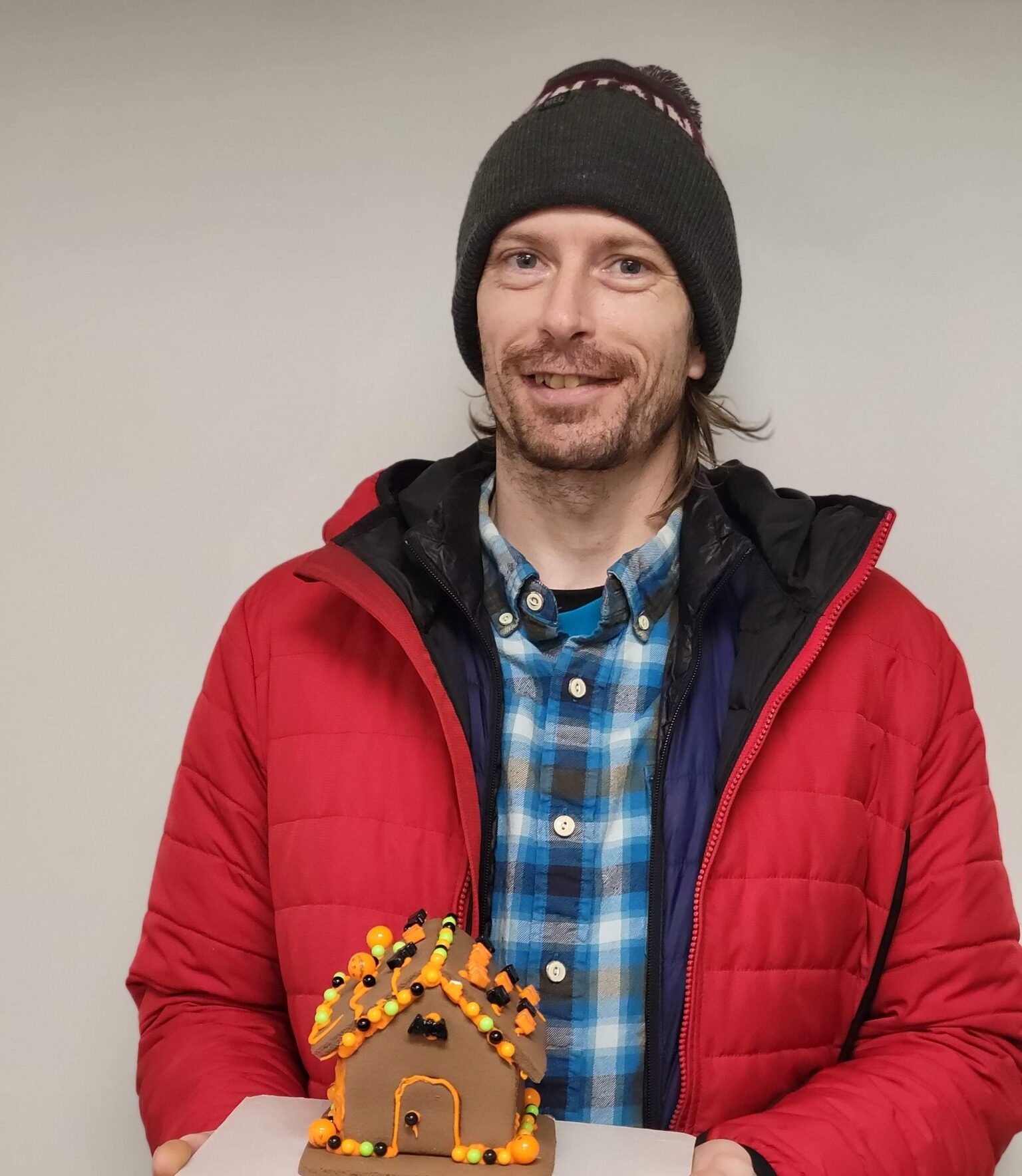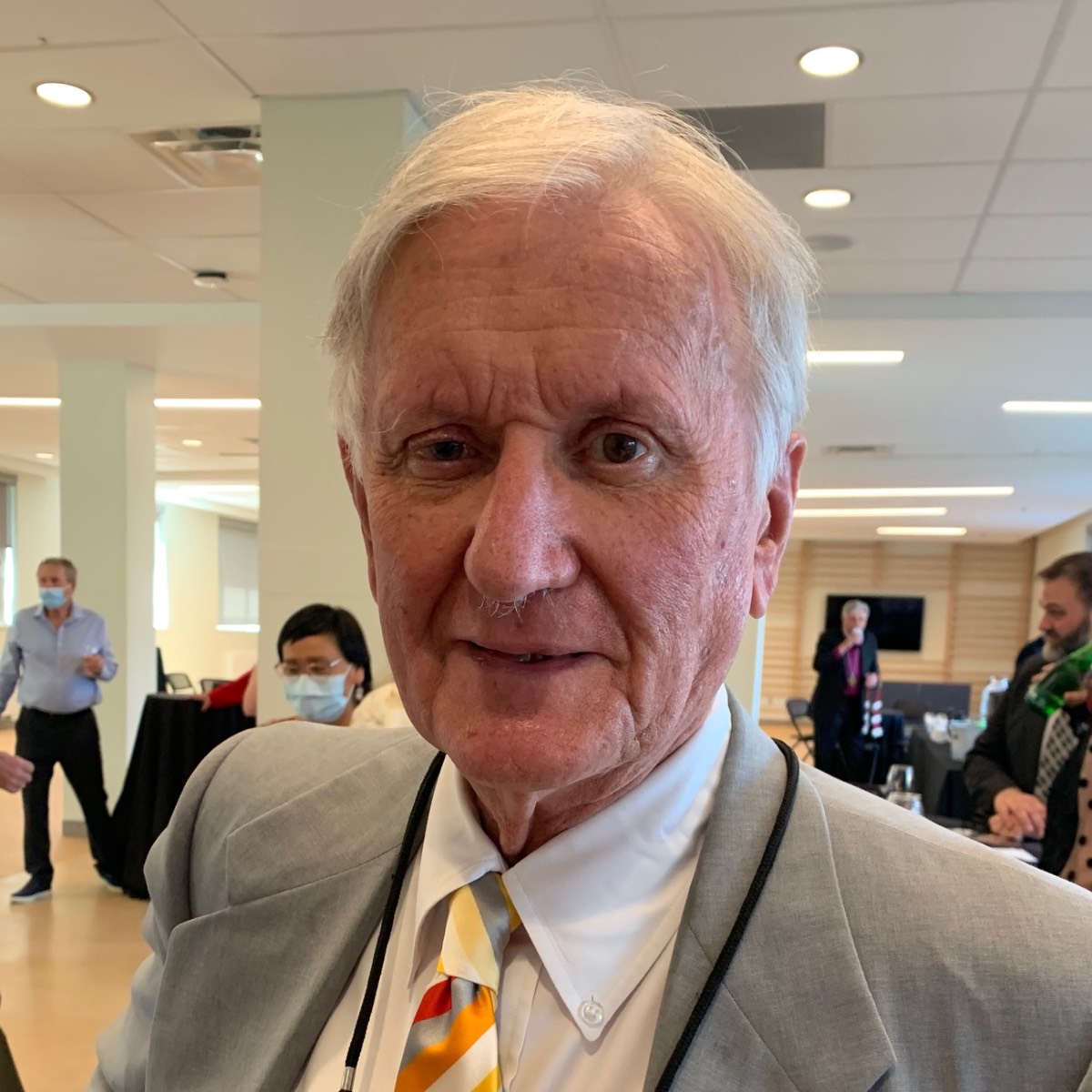The fire that severely damaged St Luke’s Church in October was a major blow to the diocese’s three Ottawa day programs. St. Luke’s Table was most directly affected. It was displaced from its place in the church basement but is now operating from a new temporary location.
“It felt like another blow on top of everything else,” says Rachel Robinson, executive director of the day programs. Everything else was the three years of innovation, increased need and stress to staff and clients during the pandemic.
It didn’t help that the fire came at a time when the staff were coping with another challenge — illness from COVID, the flu and various respiratory ailments that swept through front-line workers who are routinely exposed to viruses.
“It makes we want to cry when I think about what we’ve been through in the last three years,” Robinson says. She set about to maintain continuity as much as possible for the community that had come to rely on the Table for food, laundry, hygiene and counsel.
“We absolutely were not going to close down the program.” Staff and resources were deployed on the day of the fire to locations at The Well and Centre 454. The food delivery van that played such an important outreach role during the pandemic was pressed into service to supply breakfasts prepared at The Well.
By late November space had been rented in the basement of Bronson Centre, four blocks from St Luke’s at 211 Bronson Ave., that will be a temporary home for at least a year.
Robinson describes it as semi-permanent and semi-perfect. On the positive side, it provides a convenient, welcoming space for much-needed social connections. Participants can get food, support, games and friendship to break out of isolation.
It’s not perfect because participants must travel to The Well or Centre 454 for laundry or shower services. “It’s hard on people,” Robinson says. “We’re giving them bus tickets to get back and forth.” And not least, between 60 and 70 people are being served daily at Bronson, compared with more than 100 at St Luke’s. There is an extra demand on staff by the requirement to set up chairs and tables every morning at Bronson and put them away at night.
While there has been normal turnover, the core staff has remained constant at about 30, all of whom have contracted COVID, slowing the program’s capacity to serve. “They like working with the people we serve and they are really dedicated,” Robinson says.
Volunteers have provided essential backup. They are typically people with regular jobs who step up to help on weekends or during outbreaks of illness.
Robinson is confident that the program will move back to the St Luke’s location at 760 Somerset St West. “It’s our home. It’s where the participants have access to all their basic needs. It’s the place where we belong and once the rebuild is complete we will move back.
The Rev. Canon Dr. PJ Hobbs, director general of Community Ministries, says reopening at 760 Somerset is a top priority. The church building has been cleaned and prepared for repairs and plans are going ahead to begin construction as soon as possible. He estimates the project will take at least a year.
(Anyone interested in making a donation or volunteering to help is asked to contact Laura Macdonald at: [email protected]).



Cathedral Deanery — Wallis sketching Christ Church Cathedral West Window Cartoon